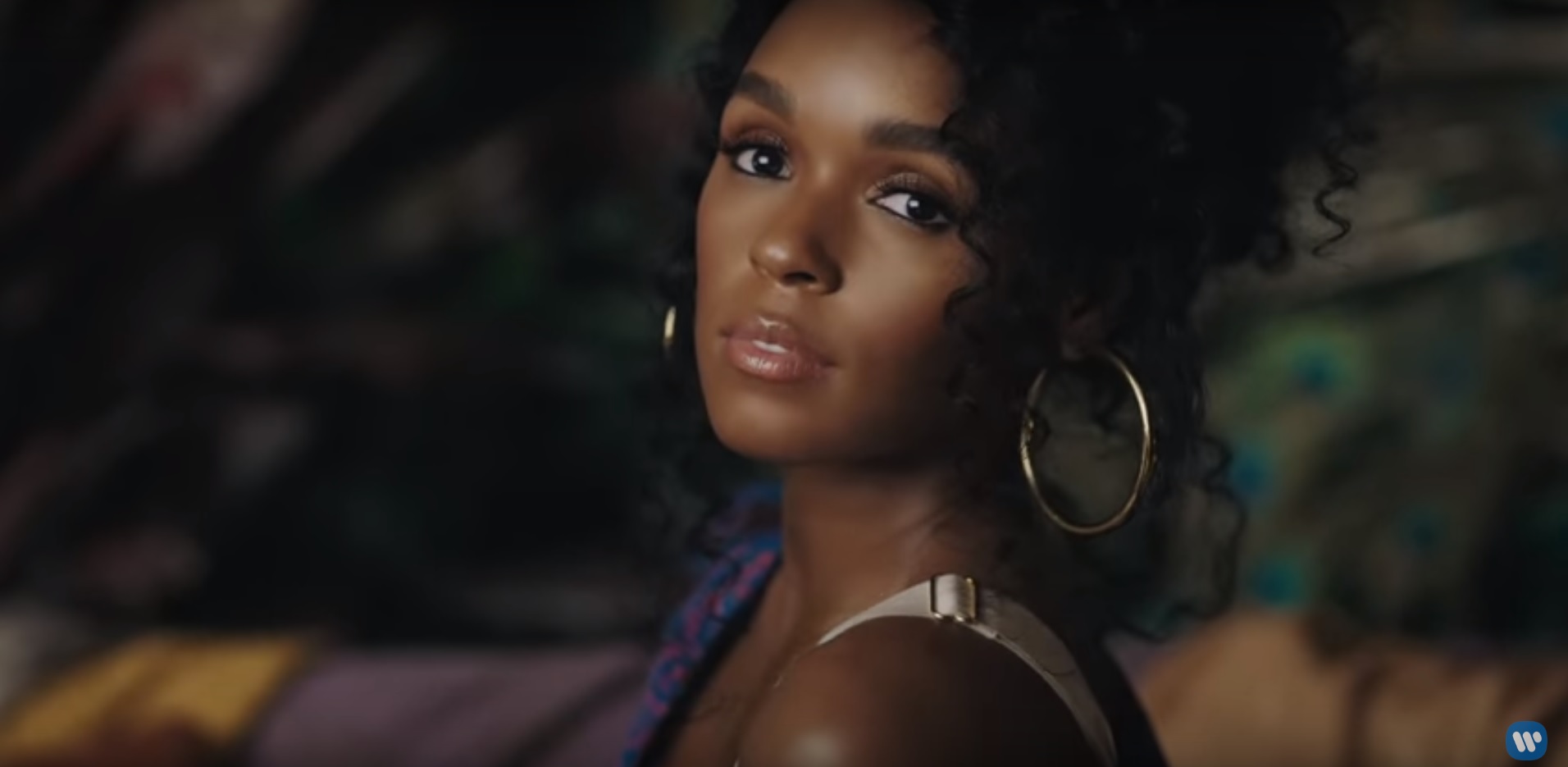Janelle Monáe Causes Huge Spike in Searches for ‘Pansexual,’ Giving All Queerness a Visibility Boost

Yesterday, Princess wrote about the importance to queer, black women of Janelle Monáe officially coming out as pansexual, but Monáe’s announcement in that Rolling Stone interview not only mattered to queer, black women, but it was a reminder for all of us that sexuality is not just varied, but evolving. Today, as evidenced by popular search terms, we see that plenty of people are using Monáe’s coming-out as a learning opportunity.
According to The Daily Dot, there’s been a spike in searches of the word ‘pansexual’ on the official Merriam-Webster website, and the famed publisher of dictionaries tweeted out in acknowledgement:
📈 ‘Pansexual’ is our top search today. 👑https://t.co/DJ8gUex3qs
— Merriam-Webster (@MerriamWebster) April 26, 2018
While it’s absolutely no one individual’s responsibility to come out—one’s sexuality is one’s business, celebrity or not—this is definitely one of the positive things about asserting one’s identity when one is a person with a platform. It encourages a more widespread desire for conversation and education, two things which are extremely important in order to create a more loving and open-minded world.
One of the larger reasons for the increased searches has to do with the fact that, in her Rolling Stone interview, Monáe said that she used to identify as bisexual, “but then later I read about pansexuality and was like, ‘Oh, these are things that I identify with too.’ I’m open to learning more about who I am.”
She’s certainly not the only one in the queer community who’s struggled with or shifted labels to more accurately represent themselves, and even with certain definitions in place, you’ll often find that in a group of queer people you’ll have a variety of definitions for each of those words.
Merriam-Webster defines pansexual as, “of, relating to, or characterized by sexual desire or attraction that is not limited to people of a particular gender identity or sexual orientation.” Meanwhile, it defines bisexual as, “of, relating to, or characterized by sexual or romantic attraction to members of both sexes.”
I’ve gotta say that I find the Merriam-Webster definitions a bit lacking. Now, they’re a dictionary, not in the business of catering to any one community in particular, so I get that they will have the most basic definitions. However, as a woman who identifies as bisexual, I prefer a little more nuance than is provided here.
Bisexual.com has a take on these definitions that has been more helpful to me, personally, and might be to some of you, too. They talk about bisexuality as an umbrella term.
Much in the same way that transgender is an umbrella term that includes those who identify as non-binary, agender, genderfluid, genderqueer, or gender non-conforming, this page discusses bisexuality as an umbrella under which terms like pansexual, polysexual, omnisexual, ambisexual, and fluid sit.
They also specify that bisexual, like homosexual or heterosexual, isn’t just an identity label, but a word that comes from the scientific community: “As a scientific term…it is also a sexual orientation that can describe a set of behaviors.” They go on:
“Identity labels like pansexual, polysexual, omnisexual, and ambisexual also describe a person with homosexual and heterosexual attractions, and therefore people who have chosen those labels are also bisexual. By replacing the prefix bi – (two, both) with pan- (all), poly- (many), omni- (all), ambi- (both, and implying ambiguity in this case), people who adopt these self-identities seek to clearly express the fact that gender does not factor into their own sexuality, or that they are specifically attracted to trans, genderqueer, and other people who may or may not fit into the mainstream gender categories of male and female. This does not mean, however, that people who identify as bisexual are fixated on traditional notions of gender.”
Gender is a spectrum, and so when I use the word ‘bisexual’ to describe myself, what I’m saying is that I’m attracted to both genders, and everything in between. For others, that is not the case.
At the end of the day, the part of Monáe’s interview that really spoke to me was the fact that she called herself a “free-ass motherfucker.” Your labels are your own to do with as you wish, or to acquire or discard as you see fit. Meanwhile, I hope that “free-ass motherfucker” catches on as a legit sexual identity.
Is it too early to start designing a “free-ass motherfucker” pride flag?
(image: screenshot)
Want more stories like this? Become a subscriber and support the site!
—The Mary Sue has a strict comment policy that forbids, but is not limited to, personal insults toward anyone, hate speech, and trolling.—
Have a tip we should know? tips@themarysue.com